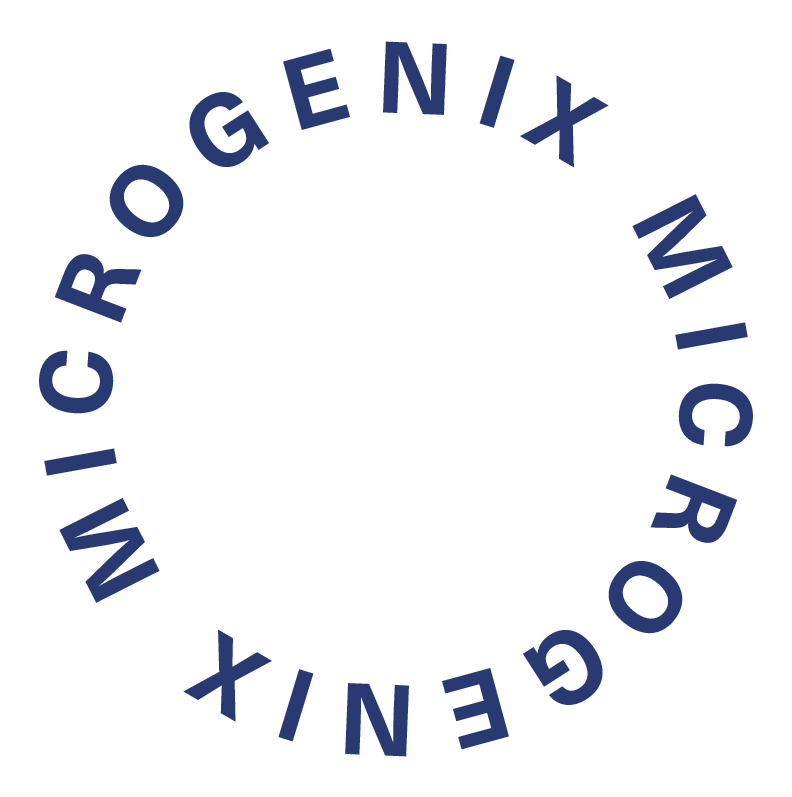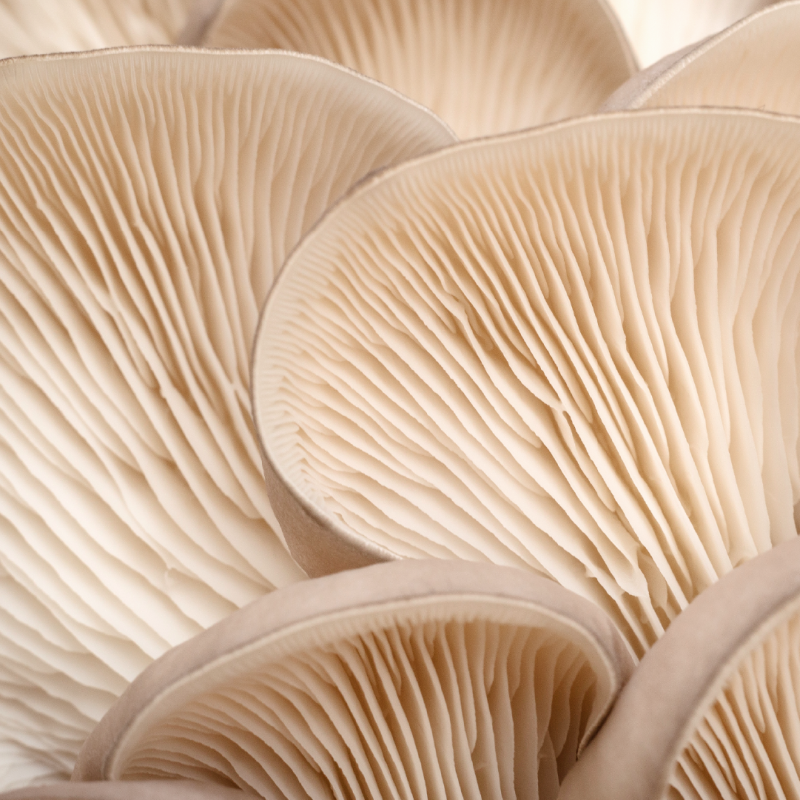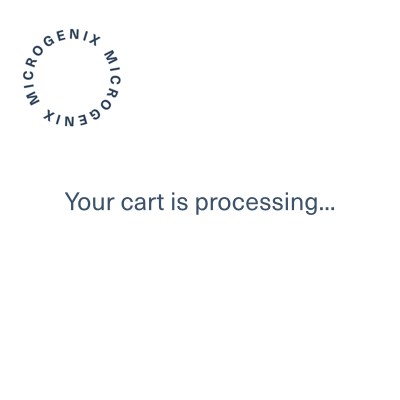Blog
Psilocybin to Help Combat Seasonal Depression
Psilocybin is helping countless individuals manage their depression and anxiety symptoms – a newfound sense of promise for those affected by seasonal depression.
Managing symptoms of winter depression means allowing yourself to feel joyful during the holiday season, something that both microdosing and full psychedelic experiences are offering their support in.
Seasonal affective depression is especially prominent here in Canada, as we tend to face shorter days, limited sunlight, and extremely cold weather.
Seeing as we cannot change nor predict the weather, individuals have begun welcoming more alternative methods in order to maintain good mental health — enter, mushrooms!
Unlike other superfoods and medicinal plants, psilocybin benefits individuals on a neurological level through its unique psychoactive effects.
The use of psilocybin addresses emotional well-being in several ways, from increasing neuroplasticity, stimulating emotional release, to positively altering our brain’s default network.
While the therapeutic capacity of psilocybin continues to be explored and acknowledged, both psilocybin and adaptogenic mushrooms have experienced significant wins in the eyes of those seeking solace from all-too-common mental health issues.
Promising Evidence
In a study published in Nature: Scientific Reports, a team of experts in mycology and psychology examined the impact of microdosing psilocybin on mental well-being, focusing on depression, anxiety, and stress levels using Depression Anxiety Stress Scales (DASS).
The study revealed that individuals who engaged in microdosing showed consistent improvements in these mental health areas compared to those who did not microdose. Meaning, those who were given microdose amounts of psilocybin showed significant improvements in depression and anxiety symptoms over the course of the study.
In another study published in JAMA psychiatry showed that a single dose of psilocybin, accompanied by psychological support, effectively reduced symptoms in patients suffering major depression, reductions which remained for up to six weeks.
This particular study shed light on the rapid and effective impact of psilocybin in mental health treatment. It suggested that a single psilocybin experience, conducted under professional supervision, could alleviate patients’ major depressive symptoms. Remarkably, the effects endured for several weeks without requiring additional doses.
In a study published in Lancet Psychiatry, 12 participants with long-standing treatment-resistant depression were administered two doses of psilocybin. The participants, who had struggled with depression for an average of seventeen years, all experienced significantly lower levels of depression, with none returning to pre-treatment levels. In fact, 67% reported no depressive symptoms one week after treatment, while 42% remained in remission (reported no depression) three months after treatment.
The Lancet Psychiatry study notes the rarity of which spontaneous remission is achieved in those facing treatment-resistant depression, making the end results all the more captivating.
Microdosing for Seasonal Depression
With evidence supporting the idea that psilocybin could chemically short circuit patterns of negative thinking, it’s no wonder that people who have adopted microdosing practices are experiencing the positive results they are today.
What makes microdosing particularly appealing for those with Seasonal Affective Disorder is the nature of which the negative depression symptoms only show forth throughout a certain season, in which beginning a new prescription that can take up to a month to show effect can feel unfeasible to those who experience their worst symptoms for a shorter duration of time.
In contrast, microdosing is a practice that can be begun and discontinued at the user’s discretion. Unlike SSRIs which need to be tapered off slowly and closely monitored by a healthcare professional to avoid withdrawal, microdosing is an intuitive and low side-effect practice that can appeal to those looking to try out new forms of symptom management with no long-term commitment.
Commonly-experienced effects caused by microdosing psilocybin include:
- Better mood
- Enhanced openness
- Interconnectedness
- Feelings of optimism
- Pain mitigation
- Feelings of motivation
- Light euphoria
- Sustained energy
Those currently prescribed SSRIs or other stimulant medication should speak with a trusted professional before microdosing, as mixing the two can result in negative effects and ultimately deplete the effectiveness of either treatment.
Psilocybin may also influence the amygdala, a key player in regulating emotions like fear and aggression. The amygdala’s role is crucial in coordinating our emotional responses to environmental stimuli. Temporarily reducing the amygdala’s strength, psilocybin has been suggested to enhance positive emotional responses and diminish negative ones, such as anger and fear. This effect may foster greater openness and receptivity to positive changes.
Exploring microdosing, especially when following established protocols like the Fadiman or Stamet’s Stack, not only holds the potential to generate positive feelings and alleviate depression symptoms but may also establish a beneficial routine, contributing to enhanced drive and focus during challenging periods.
Another study, published in Innovations in Clinical Neuroscience, followed a 43-year-old man grappling with Treatment-Resistant Depression (TRD), who had been previously unresponsive to various traditional treatments — including medications, transcranial magnetic stimulation (TMS), and electroconvulsive therapy. As a result, the patient began a self-administered psilocybin microdosing regimen following the popular Fadiman Protocol. Over three years, the patient experienced significant and sustained improvements in depressive symptoms, as evidenced by Hamilton Depression Rating Scale (HDRS) scores, ultimately achieving full remission as a result of his microdosing regimine.
Macrodosing for Seasonal Depression
By engaging in higher doses of psilocybin, individuals can journey into the depths of their consciousness, where the processing of emotions, traumas, and negative thought patterns may occur. Psilocybin’s therapeutic potential in higher doses has been shown on several accounts to alleviate symptoms of depression, anxiety, and PTSD, leading to long-lasting improvements in mood and overall well-being.
Beyond mental health itself, this psychedelic practice becomes a catalyst for spiritual renewal and the creation of new insights and perspectives — prompting connections with nature and enhancing elements vital to spiritual health such as empathy, mindfulness, gratitude, and connection.
For those dealing with seasonal depression, trying psilocybin macrodosing can be a way to refresh your mental well-being and potentially see things from a different perspective. It’s important to prepare for this experience because it can be intense, but doing it intentionally and responsibly may help those facing the challenges of seasonal affective disorder by opening up doors to newer, more connective states of consciousness.
After the experience, taking time to integrate what you’ve learned is crucial for long-lasting mental health benefits. Simple activities like journaling and meditation can help you absorb these insights into your daily life further, providing relief that may sustain insight year-long.
Things like increased movement, vitamin D, a balanced diet, and a healthy social life are all known ways to improve symptoms of seasonal depression; however, some may feel pulled towards more alternative methods in order to sustain symptom management during high-trigger seasons. Psilocybin, though still hungry for more research and improved accessibility, is becoming more and more notable as a safe, low side-effect, and non-addictive option for those looking for ways to manage their depression symptoms on both a mental and spiritual level — on their own terms.




